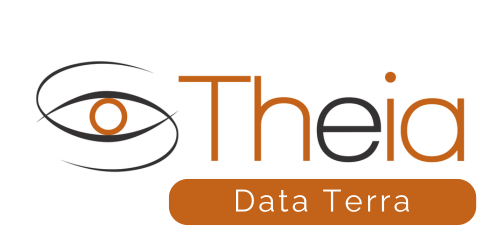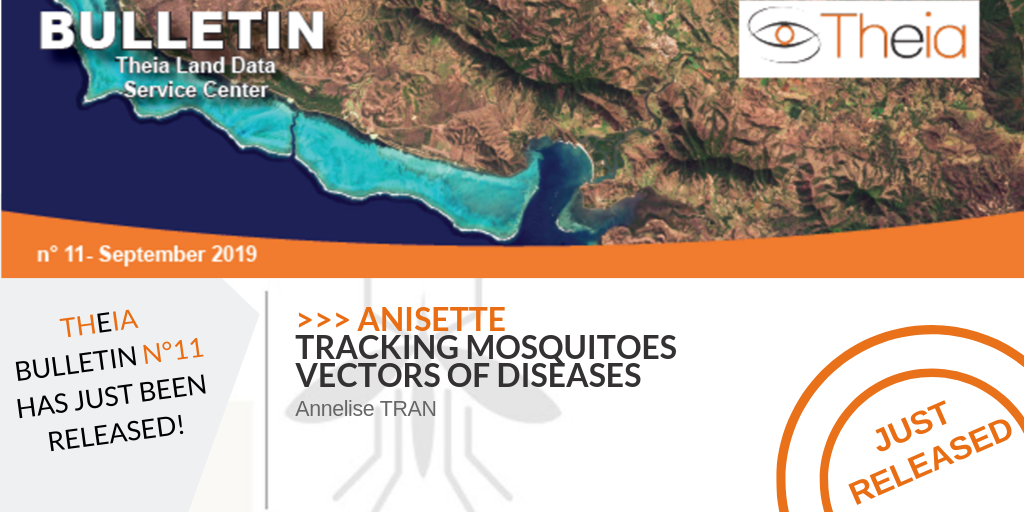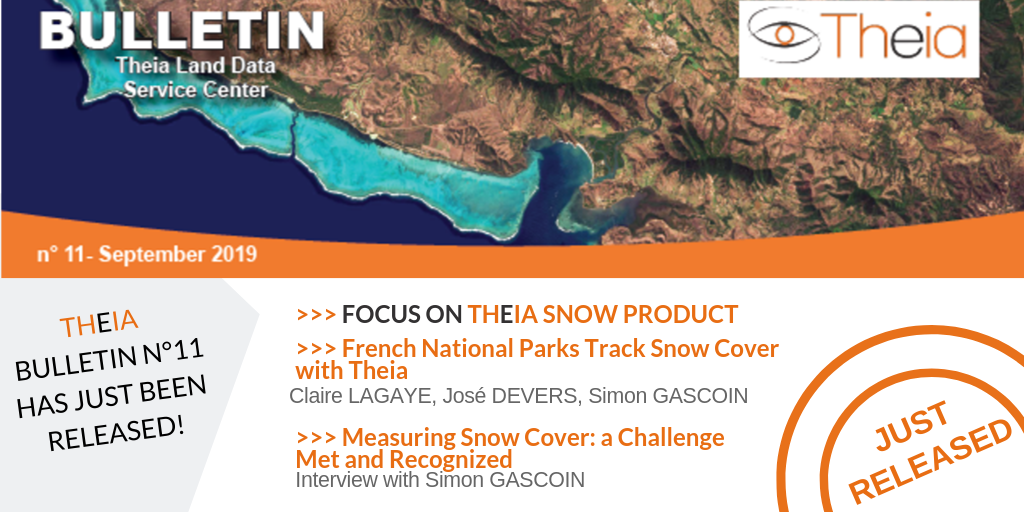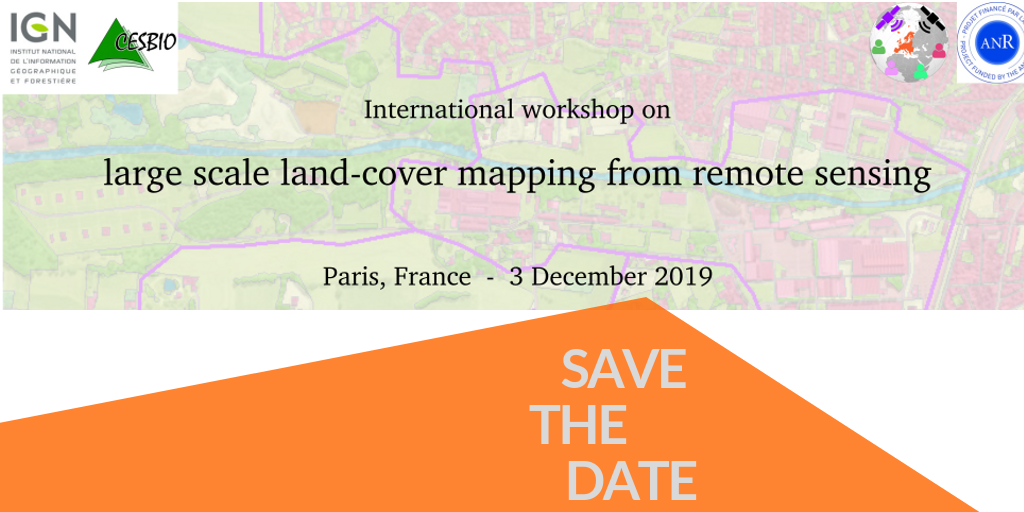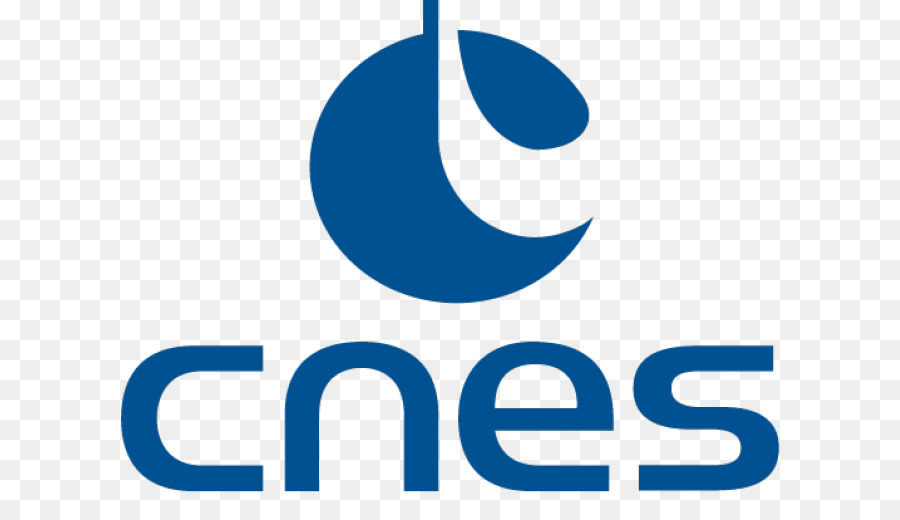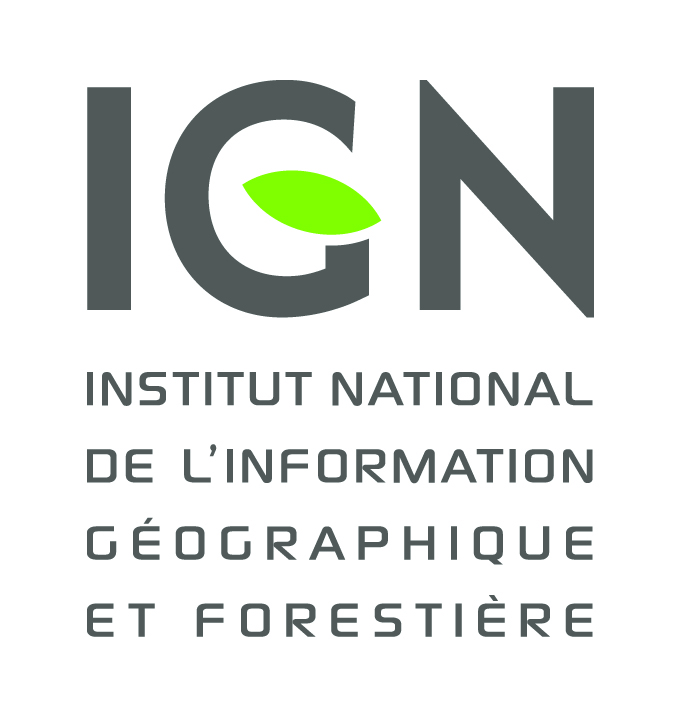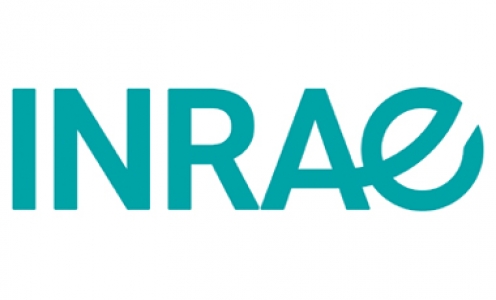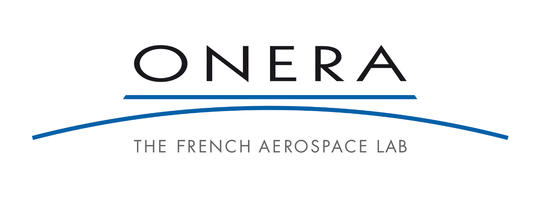ANISETTE: tracking mosquitoes vectors of diseases
An innovative project
The ANISETTE project – Inter-Site Analysis: Evaluation of Remote Sensing as a predictive tool for the surveillance and control of diseases caused by mosquito – has just been launched. With CNES funding, this project aims to measure the interoperability of methods combining remote sensing and spatial modelling to predict the dynamics of mosquito vectors and associated diseases. The aim is to identify the most suitable Earth observation images to predict areas conducive to the development of different mosquito vector species – including Aedes (vectors of dengue fever, Rift Valley fever) and Anopheles (vectors of malaria). These analyses will be carried out on various geographical sites: South America (Brazil, the West Indies, French Guiana), Europe (France), the Indian Ocean (Madagascar, Reunion Island), South and South-East Asia (India, Thailand, Cambodia) and Oceania (New Caledonia).

ANISETTE is a continuation of regular and long-standing collaboration between the teams of the Institut de Recherche pour le Développement (UMR Espace Dev) and CIRAD (UMR TETIS, UMR ASTRE), within the Maison de la Télédétection in Montpellier and the “Remote-sensing, Environment, Health” group, now the Theia “Risks Associated with Infectious Diseases” Scientific Expertise Centre (SEC), and in partnership with researchers from the UMR IDEES. It brings together various French research teams working on remote sensing applied to diseases vectored by mosquitoes.

Annelise Tran
Cirad | Tetis
@A.Tran
Contributions
- anisette.cirad.fr
- Theia Health thematic research
- Risks Associated with Infectious Diseases SEC
Read the New Theia Bulletin
>>> Read on-line on Calaméo
